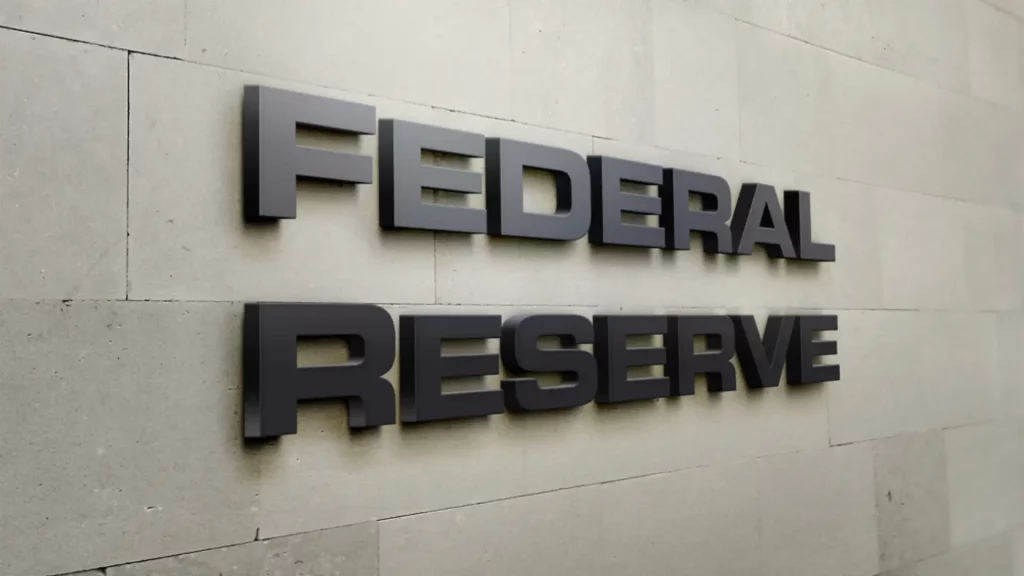SVB collapse gave a major blow to similar banks in Silicon Valley, drying up funds for funding young startups and lacking funds for exit opportunities for older companies
Corporate earnings for the second quarter are boosting US stocks. This has sent a bullish signal across Wall Street for the time being. But the scenario in Silicon Valley doesn’t appear healthy. Industry leaders like Amazon, Alphabet, Microsoft, and Google are doing quite well; smaller and younger startups are the ones facing a crisis.
Back in 2021 and 2022, the fundraising marketplace was hyperactive, with multimillion, sometimes billion-dollar deals happening all across developed and emerging nations. The initial public offer (IPO) market was no less than a sure-shot way to generate multifold returns.
According to a data report from the National Venture Capital Association, in 2021 alone, the unicorn startup investment deals tripled to 600. The invested amount combining all the deals is more than $104.8 billion, up from $52.7 billion in 2020. There were some deals where startups with less than $10 million in annual sales were given a unicorn status, a highly inflated valuation based on the revenue multiple of 100.
Such days were short-lived. In March, the Fed decided to start raising rates to control inflation. At that time, inflation had increased to levels never seen in the past four decades. The investors then started selling off companies that looked for fresh funds to stay afloat.
This also stopped the frenzy in the IPO market. The private deals follow the public market, hence witnessing a lag in their operations. This gave venture capitalists and private equity firms space to modify their analysis upon projected exit valuations. They even stopped pre-IPO rounds, pausing astronomical valuations right before listing. Companies started struggling to prevent themselves from getting caught up in down rounds, funding rounds where valuations are decreased.
Another blow to the already crippled market was the recent mayhem in the banking industry, starting from the collapse of the Silicon Valley Bank (SVB). The bank collapse gave a major blow to similar banks in Silicon Valley, drying up funds for funding young startups and lacking funds for exit opportunities for older companies.
As per new reports from Pitchbook, VC funding has dropped by almost 50% in the first half of this year. Amongst the crowd of unicorn tech-based startups, approximately 95% of them are not generating profit anymore, instead seeking fresh funds for managing operations. Industry veterans called these times the extinction-type crisis for startups. The famed Silicon Valley is now questioned for its monopolistic power in the tech world.
Current events
Tom Loverro, general partner at a VC firm IVP tweeted, “the Mass Extinction Event for startups is coming.” He said that startups are shutting down, funding news is absent, and bankruptcy filing has started rising. Even the latest reports by Pitchbook and The National Venture Capital Association come with a cold and negative forecast for the industry.
The report has presented that the lack of funding for budding startups at their seed stage rounds witnessed a valuation drop of 26.3% in the Q2 of 2023 compared to the first three myths of this year. The report mentioned that there are more than 50,000 VC-backed US-based startups that are facing a shortage of funds.
The report discovered that massive amounts of capital are blocked in late-stage and venture growth startups, which are not applying for listing due to the fears of an autopsy of their financials by the public markets. In the first few months of 2023, companies generated over $12 billion in value from 588 exits (including IPOs, mergers, acquisitions, or buyouts).
The Wall Street IPO market fell by 94.8% last year. The Center for Research in Security Prices reported that market capitalization for new stock tanked by 60% in Q1 of 2023 from the highs of last year. Recession fears and dicey economic conditions are all causes of the downfall of the markets.
Blame It on Fed
Claim credit for the good and blame the bad on someone else. The Fed is now blamed for the mayhem caused. It increased interest rates (quantitative tightening) to control inflation. Such drastic increases in rates were an early signal for an upcoming major change in the financial market. The whole venture capital ecosystem running on low-interest rates got screwed when the Fed closed the tap of easy, cheap money.
The SVB collapse in federal rates at their highest levels since 2007 has brought a winter for the startup investment market. Banks are advised to switch to a risk-averse mode of operations to prevent another bank collapse or a bank run scenario. Pitchbook reported that bank treasuries are hesitating to release funds for investing in early-stage companies.
